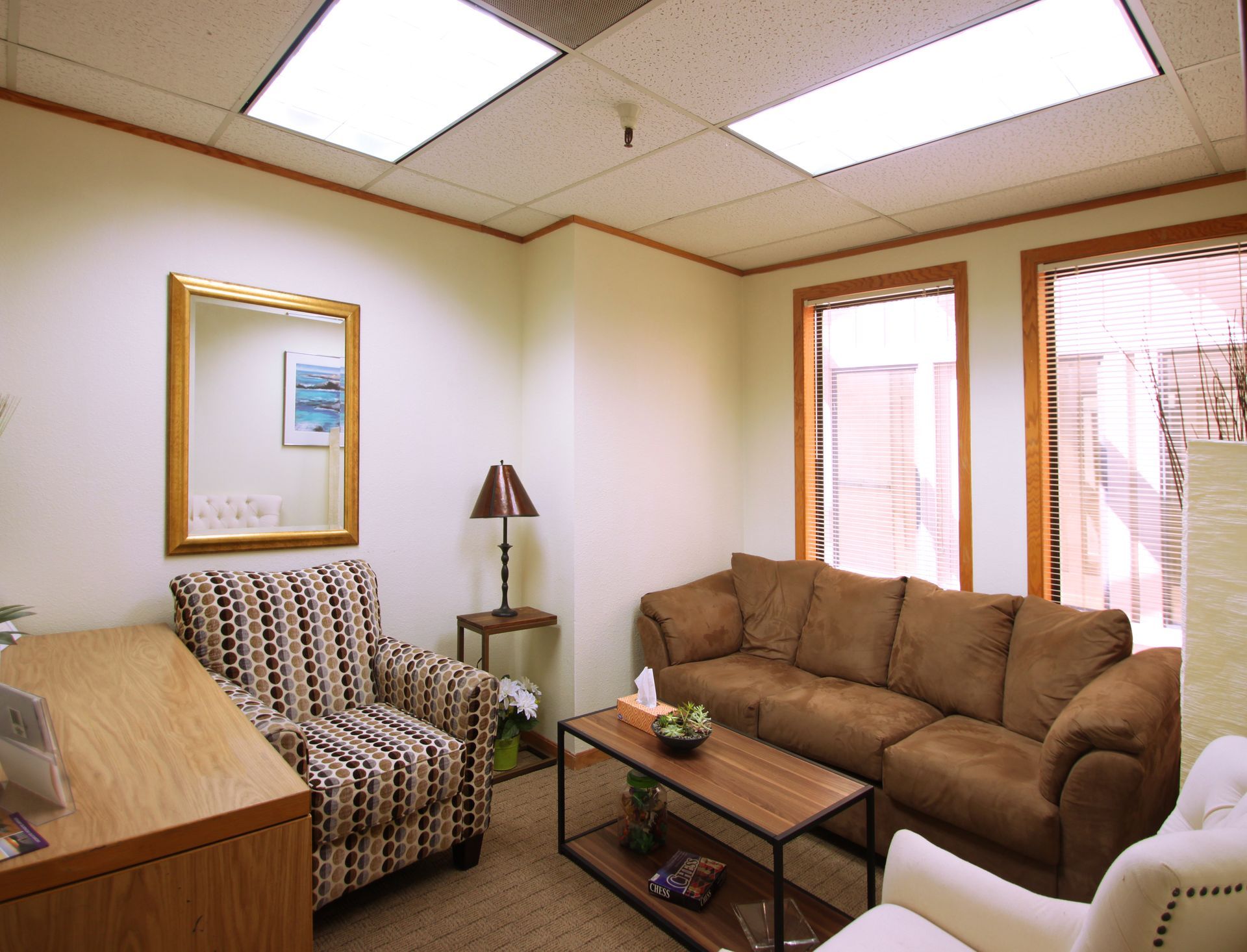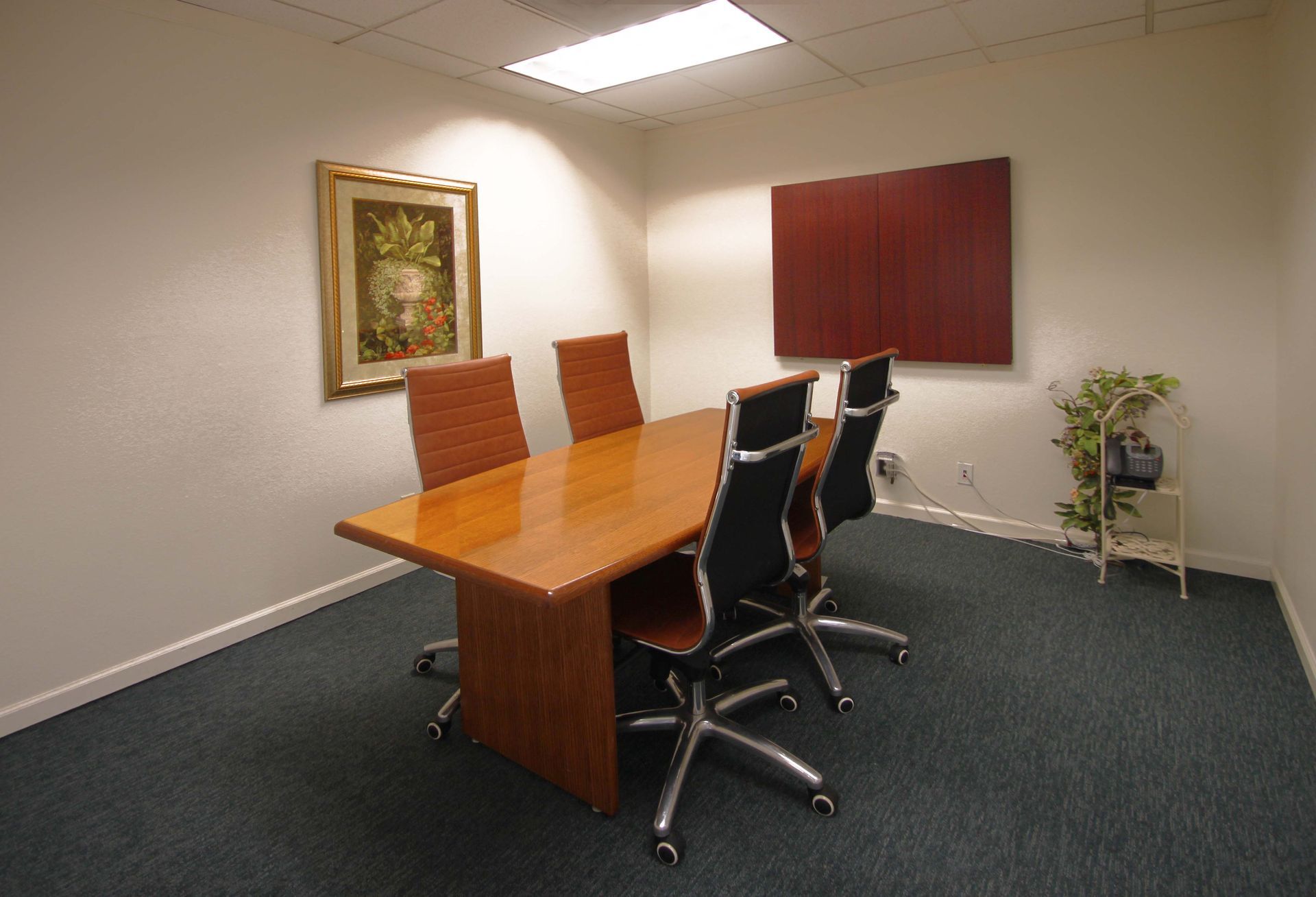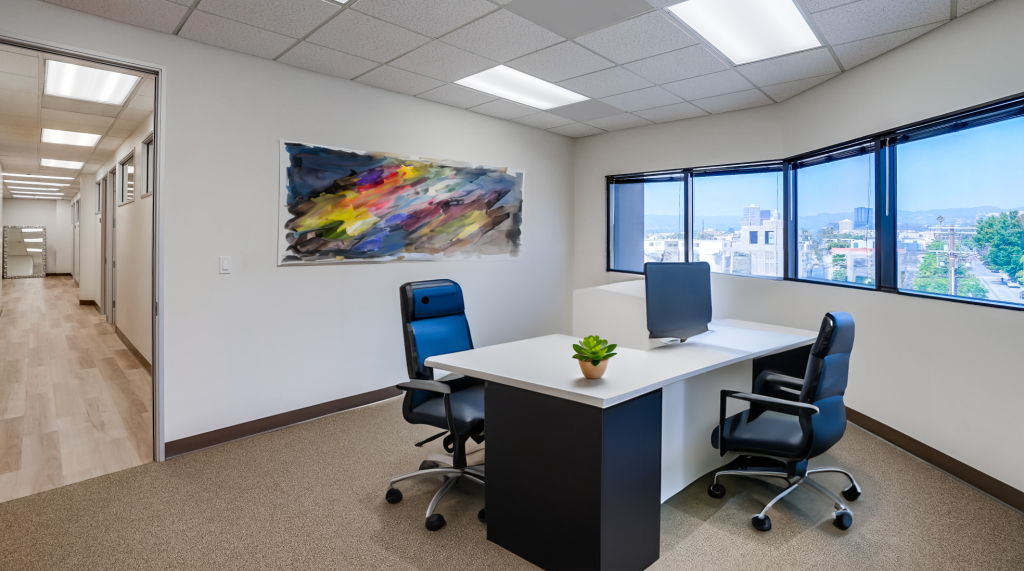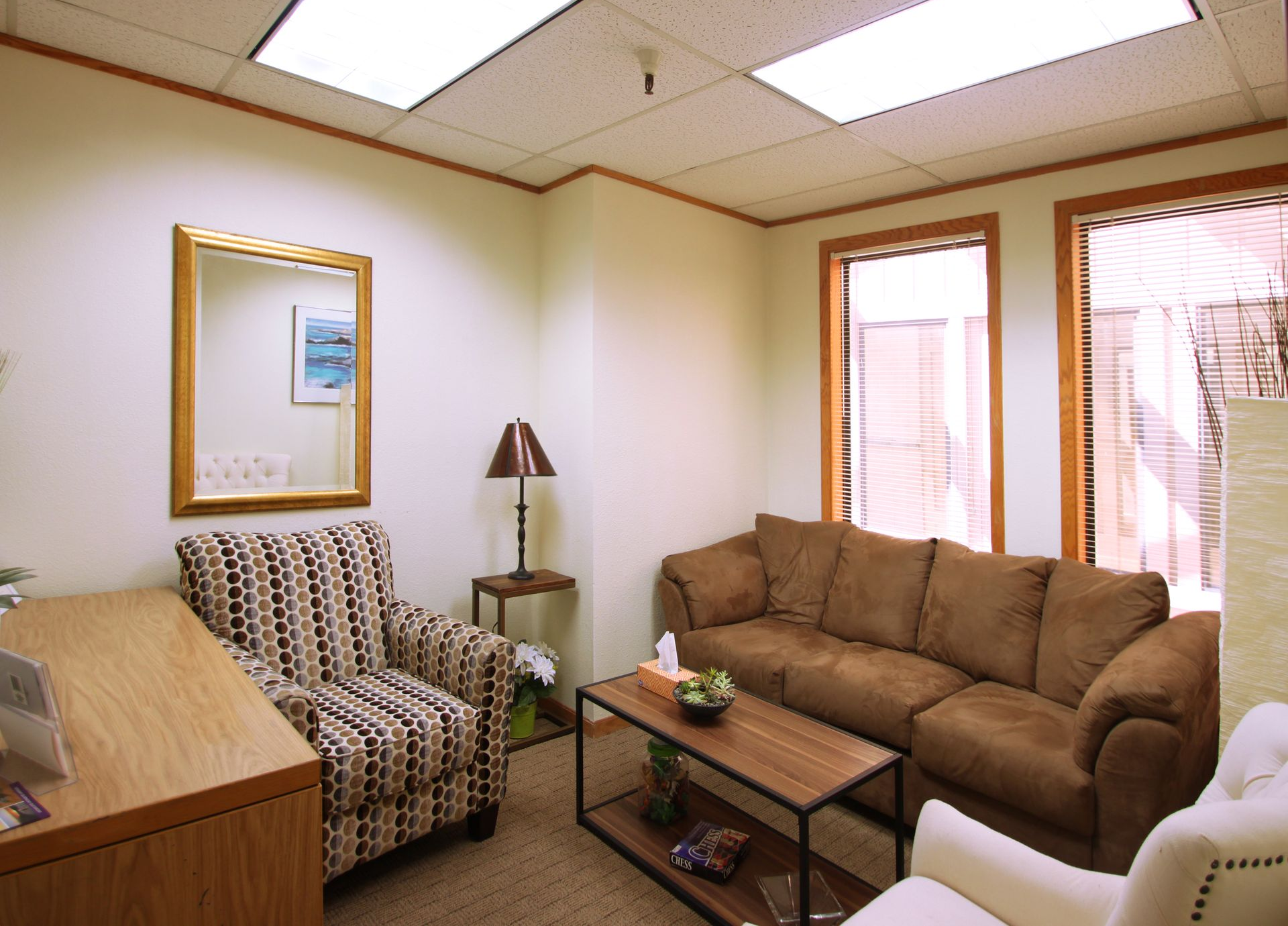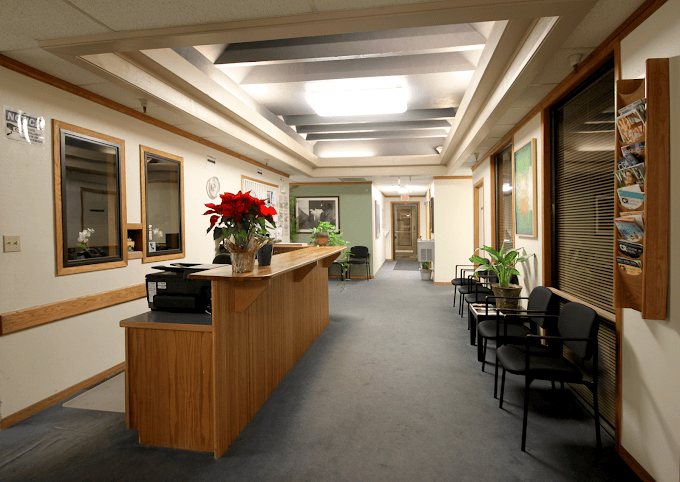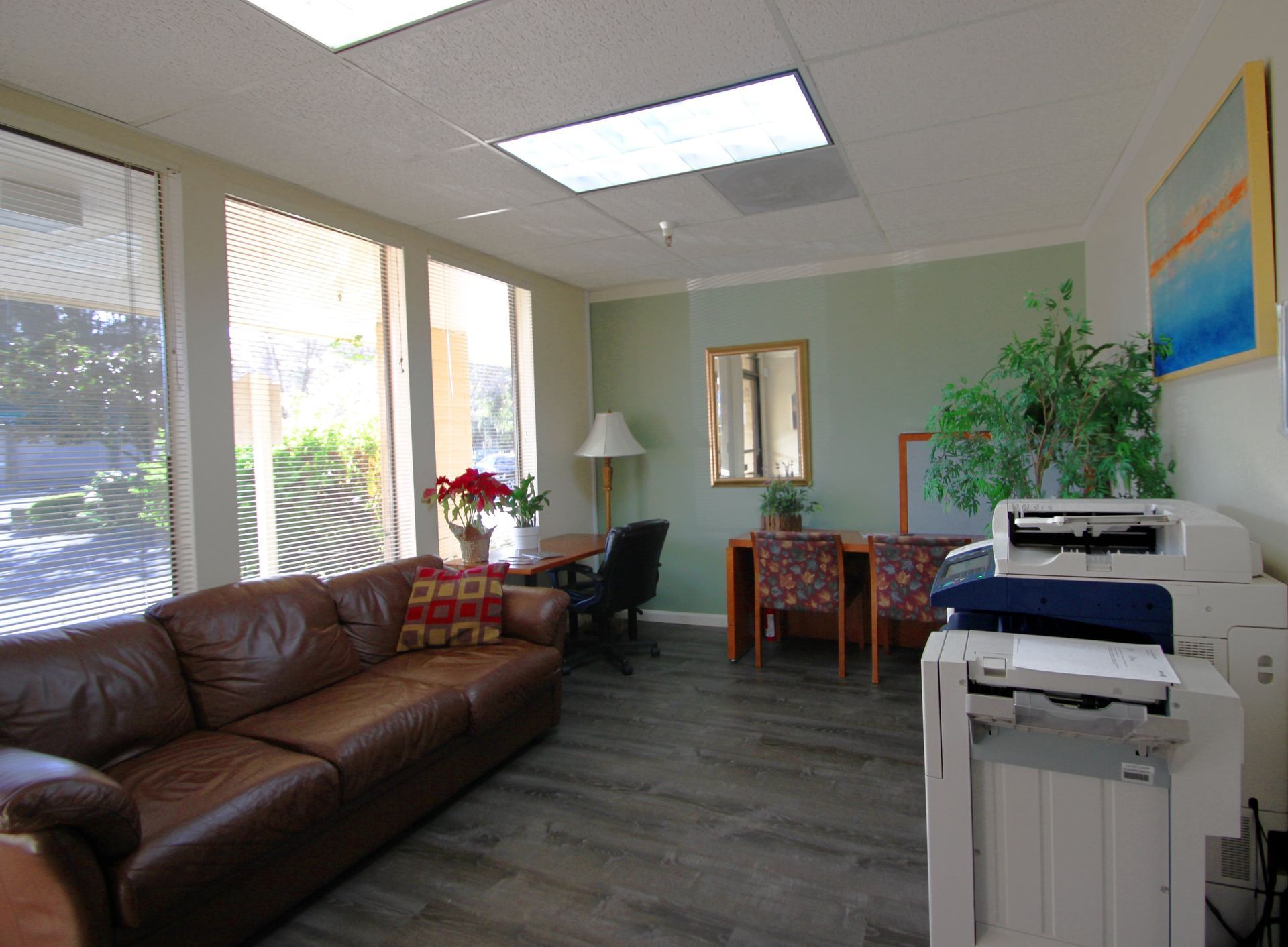New Paragraph
Unlocking the Power of Rental of Meeting Rooms : A Complete Guide
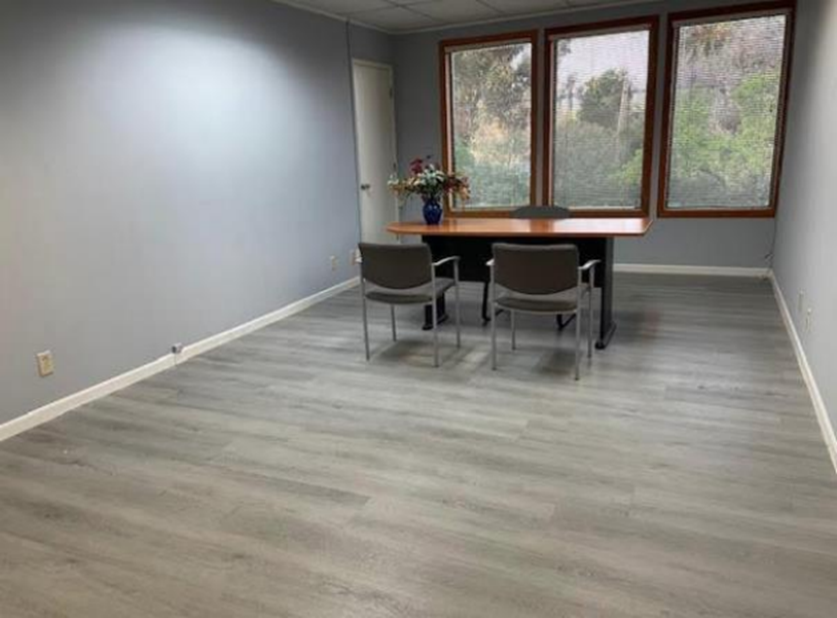
In today's competitive business landscape, rental of meeting rooms has become a vital solution for companies of all sizes. Whether you're a freelancer, a startup, or an established corporation, renting a meeting room provides a flexible and cost-effective alternative to maintaining a permanent office. In this guide, we'll walk you through everything you need to know about rental of meeting rooms, including benefits, types, tips, and key considerations.
Why Renting a Meeting Room Makes Business Sense
Rental of meeting rooms offers multiple advantages, particularly for businesses aiming to minimize overhead costs while ensuring effective meetings. Below, we'll explore why renting is the right choice for many.
Minimise Overhead and Maximise Flexibility
One of the significant advantages of rental of meeting rooms is the ability to reduce overhead. Traditional office spaces can be costly, especially when you're only using them for occasional meetings. Rental of meeting rooms enables businesses to pay only for what they need, thereby reducing unnecessary expenses. With no long-term lease commitment, companies can book spaces on demand.
No Need for Long-Term Leases
Unlike leasing office spaces, rental of meeting rooms doesn't require signing long-term contracts. Businesses can rent spaces for a few hours, a full day, or even for recurring use. This flexibility is perfect for companies that do not need a permanent office or prefer to operate remotely.
Professional and Modern Setting
When you rent a meeting room, you gain access to a professional environment that's designed to foster productivity. The rooms are equipped with state-of-the-art technology and comfortable furnishings, ensuring your meeting runs smoothly. This is especially crucial for making a lasting impression on clients, stakeholders, or potential investors.
Exploring the Different Types of Meeting Rooms for Rent
Choosing the correct type of meeting room can make all the difference in the success of your meeting. The rental of meeting rooms offers various configurations designed to suit different business needs. Here are the most common types of spaces you can rent:
Executive Boardrooms: Perfect for High-Level Meetings
For important meetings or discussions with senior executives, boardrooms offer the ideal setting. These spaces are designed for formal meetings and presentations, often equipped with large tables, high-end chairs, and advanced audio-visual technology. Boardrooms are perfect for strategy sessions, board meetings, or client presentations.
Spacious Conference Rooms for Larger Groups
If you need a room for a larger group, a conference room may be your best option. Conference rooms are ideal for team meetings, workshops, and seminars. They typically feature larger seating arrangements and may come equipped with additional technology, such as projectors, sound systems, and video conferencing tools. If you're hosting a seminar or conference, a conference room will ensure there's ample space for all your participants.
Huddle Rooms: Designed for Small, Collaborative Meetings
When you need a small, intimate setting for brainstorming or quick decision-making, huddle rooms are a great choice. These rooms usually accommodate 4-8 people and are perfect for informal discussions. Equipped with a TV screen and whiteboards, huddle rooms are ideal for internal team meetings and collaborative projects.
Training Rooms for Workshops and Learning Sessions
For businesses that require training sessions or workshops, specially designed training rooms are available for these purposes. These spaces often include classroom-style seating, whiteboards, flip charts, and projectors. Training rooms can be rented for seminars, learning sessions, or skill-building workshops.
Event Spaces for Larger Gatherings
If your event requires more space, consider renting an event space. These venues can accommodate large groups and offer flexible seating arrangements. Event spaces are perfect for conferences, seminars, product launches, and networking events. Many event spaces also include catering services, making it easier to manage your event from start to finish.
Key Considerations When Renting a Meeting Room
When booking meeting rooms, consider the following factors to ensure the venue meets your specific needs.
Location: Accessibility Matters
The location of the meeting room is one of the first things you should consider. It should be easily accessible for both you and your participants. Ideally, you want a venue located in a central business district or close to transportation hubs, such as bus stops or train stations. A well-connected location will make it easier for all attendees to join your meeting, especially if they are coming from various places.
Room Capacity and Layout Options
Before booking a meeting room rental, ensure the room can accommodate your group comfortably. Meeting rooms come in various sizes, so you need to select one based on the number of participants. Additionally, consider the layout. Whether it's a U-shaped seating arrangement, theatre-style seating, or a boardroom configuration, make sure the design suits your meeting's needs.
Technology and Equipment Needs
One of the most significant advantages of rental of meeting rooms is access to top-tier technology. Before making your booking, ensure the room comes equipped with all the necessary technology tools, such as high-speed Wi-Fi, projectors, microphones, and video conferencing equipment. If your meeting involves a presentation, make sure the room has a screen or projector for seamless communication.
Additional Services: Catering, Parking, and Support
Some venues offer additional services as part of their meeting room rental package, such as catering, parking, or even administrative assistance. Consider the additional items you may need to enhance your meeting experience. For instance, if you expect a long meeting, you may need to provide coffee, snacks, or a full lunch service for your attendees. Be sure to check whether these services are included in the rental cost or if they are available for an additional fee.
Budget Considerations
The cost of renting a meeting room can vary significantly depending on location, room size, and the amenities included. Establish a clear budget before you start your search. Some venues may offer all-inclusive packages that bundle services such as catering, equipment, and parking. In contrast, others may charge additional fees for these services. Compare pricing and assess what's included to ensure you're getting the best value for your money.
The Rising Popularity of Meeting Room Rentals for Remote Teams and Freelancers
The rental of meeting rooms has also gained popularity among freelancers and remote teams. These professionals need access to a professional workspace without the commitment of a permanent office. Rental of meeting rooms on demand enables freelancers to meet clients in a professional setting, eliminating the need to work from home or a noisy café.
For remote teams that collaborate virtually, rental of meeting rooms provides a space where they can meet in person periodically. This is especially useful for quarterly strategy meetings, project kick-offs, or team-building activities.
How to Secure the Perfect Meeting Room Rental
Booking the ideal meeting room doesn't have to be complicated. Here's a simple step-by-step process for securing the right space for your meeting:
Step 1: Identify Your Specific Needs
Determine the size of the meeting room, the layout, and the technology requirements for your meeting. Whether it's a small team discussion or a large seminar, knowing what you need will help narrow down your options.
Step 2: Research Available Venues
Start by researching meeting room rental options in your preferred location. Many venues offer online booking platforms that allow you to view details, compare pricing, and check availability.
Step 3: Check Availability and Book in Advance
Meeting rooms in high-demand areas can get booked quickly, so it's essential to check availability and book in advance. Most venues offer easy online booking, making it a straightforward process to secure your room.
Step 4: Review the Terms and Conditions
Before finalizing your booking, please review the terms and conditions for rental of meeting rooms. This will include cancellation policies, extra charges, and additional services. It's essential to ensure everything is clear before confirming your reservation.
Step 5: Confirm and Pay
Once you're satisfied with the venue details, confirm your booking and make the payment. Afterwards, you should receive a confirmation email with all your booking details, including the time, date, location, and any extra services you've selected.
Final Thoughts: The Value of Rental of meeting rooms
Rental of meeting rooms is a wise choice for businesses and professionals who need flexible, cost-effective, and professional spaces for their meetings and events. Whether it's a small team brainstorming session or a large corporate seminar, renting office or a meeting room can make your event run smoothly and help create a lasting impression.
By considering location, room size, technology, and services, you can easily find the perfect meeting room that suits your needs. So, next time you need a space for a business event or meeting, explore the many benefits of rental of meeting rooms and make your next meeting a success!

